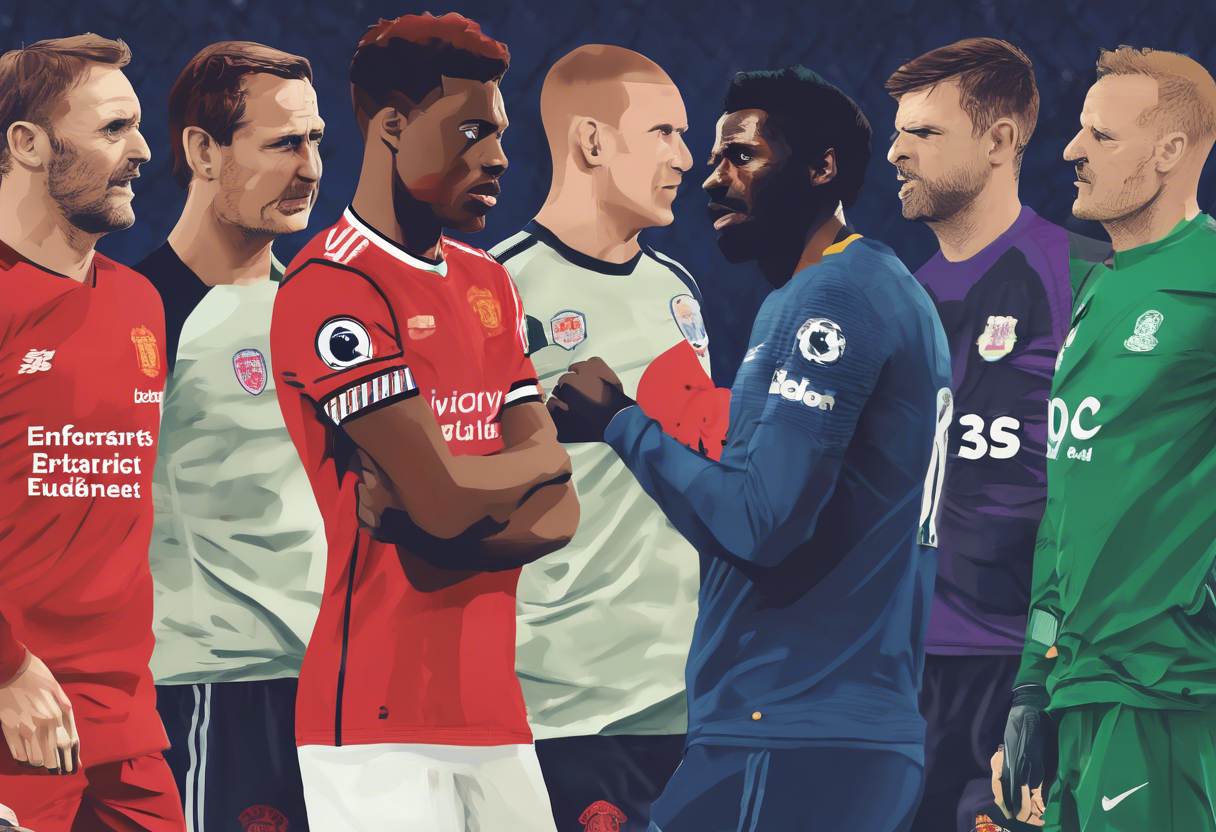In the ever-competitive world of the English Premier League (EPL), every decision made by a manager can have a significant impact on their team’s performance and ultimately, the outcome of a match. From team selection to tactics, managers have the responsibility of making crucial decisions that can determine the success or failure of their team.
One of the most important factors that managers must consider when making decisions is the strengths and weaknesses of their own team, as well as their opponents. This includes analyzing player statistics, opponent’s playing style, and injuries within the team. By carefully studying these aspects, managers can make informed decisions on which tactics and formations to employ in a match.
Another crucial aspect of managerial decision making is the ability to adapt and make changes during a match. In-game decisions such as substitutions, player positioning, and tactical adjustments can make all the difference in a tightly contested match. A good manager understands the flow of the game and has the ability to make strategic decisions to turn it in their team’s favor.
The impact of managerial decisions on match outcomes in the EPL has been evident in the league’s history. We have seen teams go from the brink of relegation to securing top positions in the league, all thanks to the astute decision-making of their managers. On the other hand, poor decisions by managers have also
